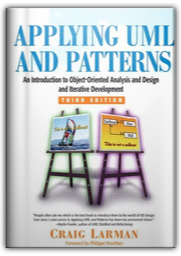
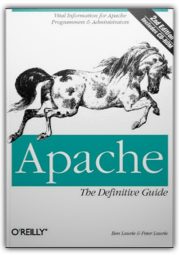
With distributions for both Unix and 32-bit Windows environments, the Apache Web server boasts reliability, security, and scalability—and it's free. Apache: The Definitive Guideshows Apache administrators how to perform their jobs, detailing the server through version 1.3. 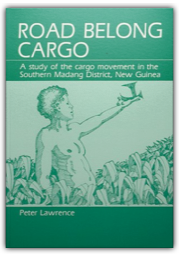
The 1940s and 1950s were marked by an efflorescence of Melanesian cargo cult activities—periodic movements in which native people deeply believed they could attain abundant European goods (and the status that these goods seemed to assure) by ritual means. Road Belong Cargo has long been the authoritative account of the cargo phenomenon in New Guinea. Written from Lawrence's own careful research, as well as from historical records and comparable studies in anthropology and ethnohistory, this theoretically sophisticated study describes how the villagers of the Madang District sought, through religious experiment and speculation, to change a world in which they felt themselves to be the underdogs despised by the colonial masters. An excellent history of culture contact and ethnic relations over nearly eight decades, this study of people living in a tiny segment of the frontier between the industrial world and that of the village, in a long isolated corner of the world, enables readers to see five short-lived religious movements, aggravated by the rigid rule imposed by a succession of Western administrations. |
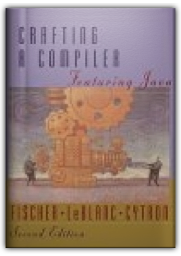

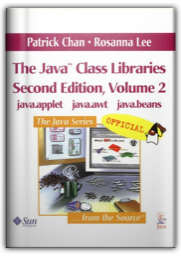
|

My Library
Collection Total:
1165 Items
1165 Items
Last Updated:
Sep 9, 2009
Sep 9, 2009

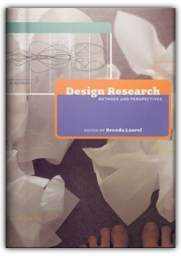
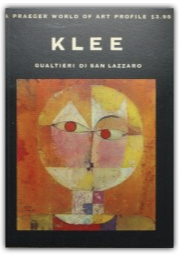
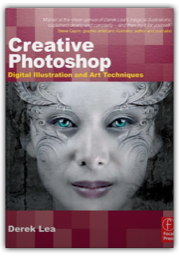
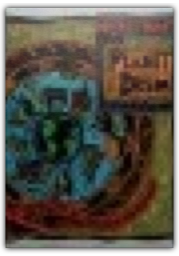
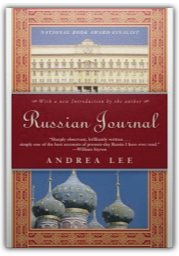

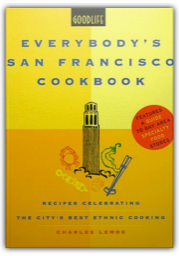
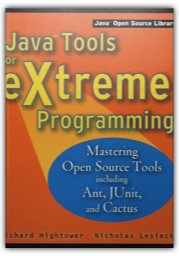
 Made with Delicious Library
Made with Delicious Library